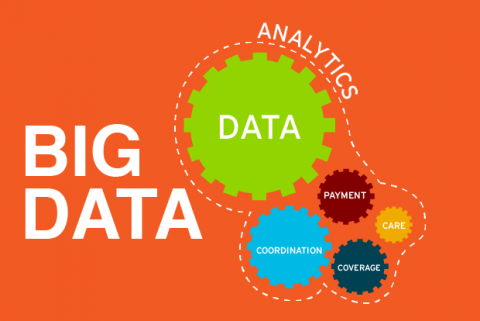Enterprises are gathering big data at an astounding pace. The challenge they're facing is the need to make certain their infrastructure can support their efforts. I asked Manish Sood, CEO of Reltio, for his perspectives.
The Enterprisers Project (TEP): What should the key aspects be for organizations developing a plan or implementing a solution that supports big data?
Sood: With hardware and storage costs more affordable than ever, the temptation might be to just dump everything into so called "data lakes," and let data scientists comb through the information from Hadoop and other big data tools as needed. As last summer's debate between Gartner and Infoworld shows, there are always two sides to every story.
- Is there a balance between governance, security and reliability of the data (the responsibility of IT teams)?
- Are they deriving relevant insights in a timely manner (the hope of business teams)?
Enterprises need to plan for this age old challenge, otherwise they will just end up with the same business time-to-value problem they had before, only bigger.
TEP: How can they assure their infrastructure is ready to support big data storage and its use?
Sood: Even with the low cost of storage, the benefits of elastic pay-as-you-go via cloud can help since it allows companies to use and consume only what they need. They can also take advantage of data management platforms with built-in big data foundations combined with master data management disciplines to seamlessly refine and uncover relationships between data from multiple sources and types with full security and governance as data is brought together.
Handling volume is not the problem. Companies still are struggling to get the right data in the hands of the right users at the right time. A new breed of enterprise data-driven applications built on a modern data management foundation can bring together reliable data, relevant insights and recommended actions under one umbrella. Rather than IT spending time managing data lakes, companies can deliver immediately consumable, purified insights direct to their business teams.




